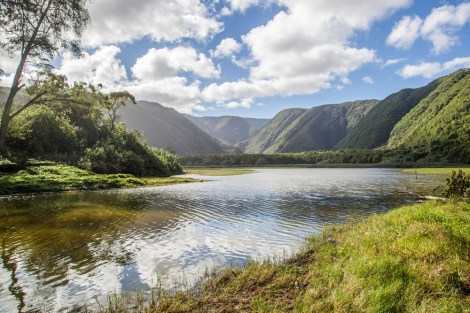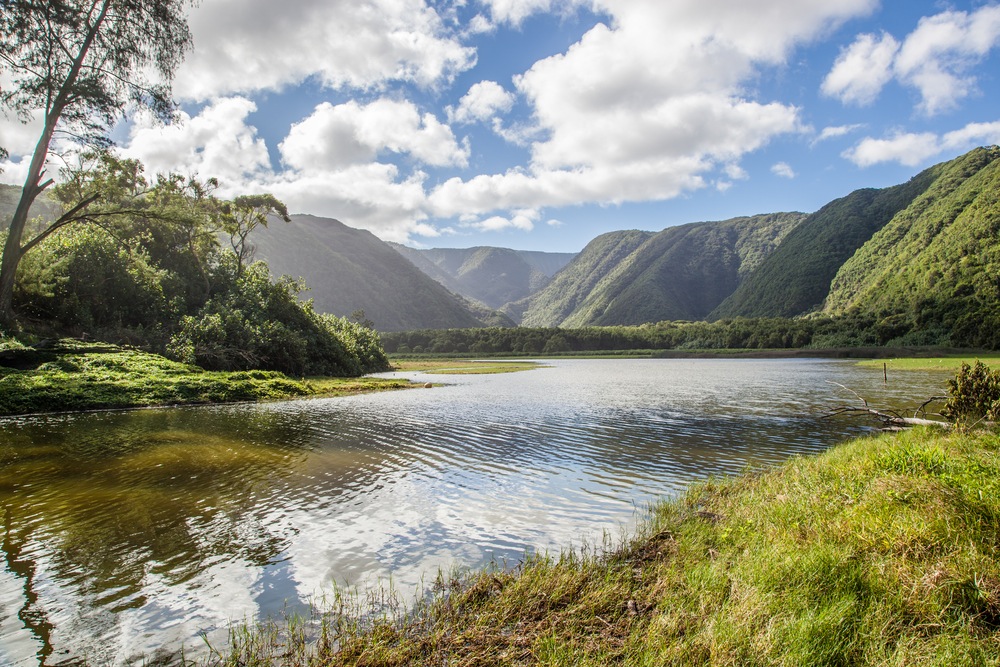The state of Hawaii has become a lot like the island of Dr. Moreau. Except that instead of Dr. Moreau — the mad scientist in H.G. Wells’s 1896 novel who vivisected animals into beast-people — Hawaii is ruled by the GMO industry.

ShutterstockThe Island of Dr. Monsanto.
Monsanto, Dow AgroSciences, Syngenta, DuPont Pioneer, and BASF use the Pacific archipelago as open-air testing grounds for their experimental genetically modified crops, and they spray those crops with herbicides and other chemicals to test how they respond.
But now many residents, including lawmakers, are saying they have had enough of this science-fictionesque madness.
From a February article by Al Jazeera:
These transnational corporations prefer Hawaii for growing and testing GE crops because of its abundant sunshine, rainfall and year-round growing climate. GMO opponents say the companies also enjoy Hawaii’s isolation, largely removed from the public eye.
Yet these companies, which have been in Hawaii for decades, are now facing increasing opposition from residents concerned about GMOs, the health and environmental impacts of pesticides and what they see as a lack of oversight and transparency.
A flurry of bills have been introduced in the state legislature and by local lawmakers aiming to better regulate, limit, or prohibit GMOs. A bill to require labels on GMO foods appears to have died in the state legislature this spring, but at least two local GMO bills are very much alive.
One bill that’s moving forward, Hawaii County Bill 79, would “prohibit the propagation, cultivation, raising, growing, sale and distribution of transgenic organisms” on the island of Hawaii, aka the Big Island. The bill will be debated at a hearing today of the county council’s public safety committee.
And Kauai County Council Bill 2491, introduced last week, would impose a moratorium on the experimental use and commercial production of GMOs until an environmental impact study is completed. The legislation would also create new permitting requirements and procedures for growing such crops after the study is complete, including rules on the use of chemicals.
More than 1,000 people attended the first hearing on the Kauai legislation, with attendees speaking in support of and opposition to the bill. Paul Towers of the Pesticide Action Network wrote in a blog post that “pesticide and genetically engineered seed corporations bused in dozens of employees to attend the hearing.”
The Garden Island has more on the bill:
In addition to establishing a 500-foot pesticide-free buffer zone around public areas and waterways, the bill would make it mandatory for large agricultural operations to make records of pesticide use available, ban open-air testing of experimental pesticides and crops, and place a moratorium on the commercial production of GMOs.
“We all like to believe the EPA protects us from pesticide harm, but sadly that is not always the case,” said Bill Freese, a science policy analyst at the Center for Food Safety.
Earlier this year, Indian environmental activist Vandana Shiva came to Hawaii to support anti-GMO activists: “I think your island is truth-speaking to the world that GMOs are an extension of pesticides, not a substitute or alternative to it,” she said.



